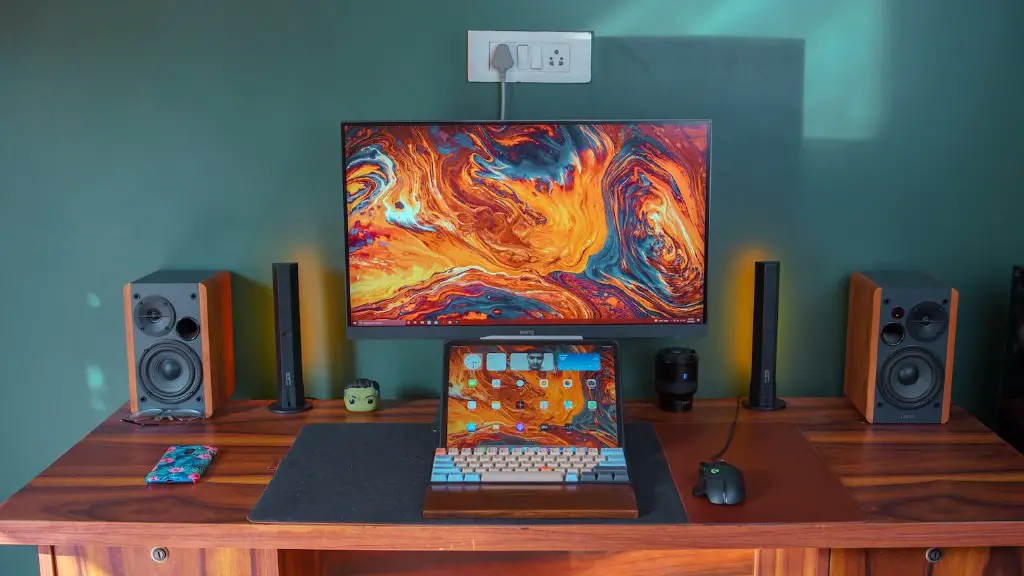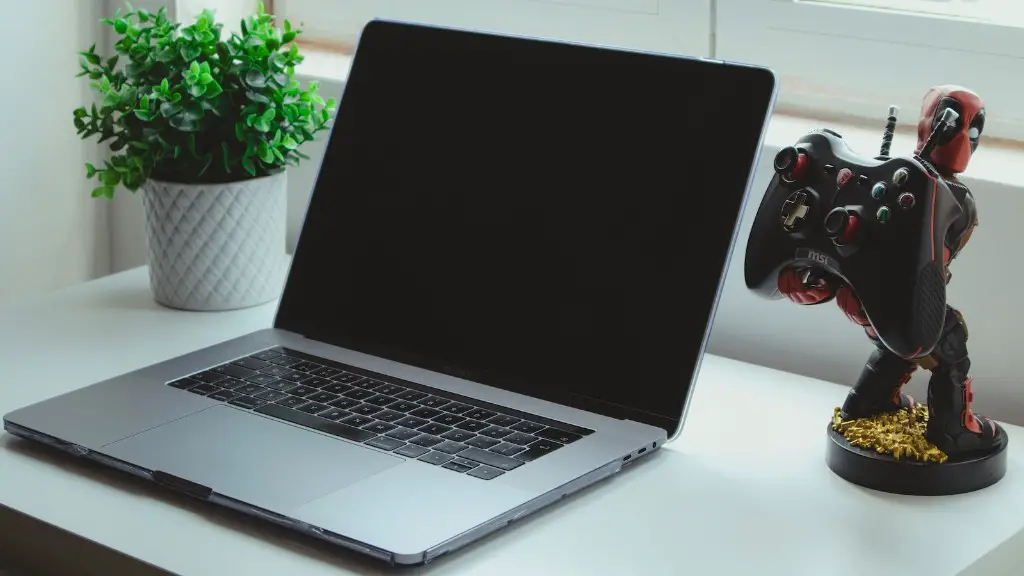A good gaming PC comprises a powerful processor, a graphics card (GPU) and at least 8 GB of RAM, but deciding how much RAM for a gaming PC is necessary for optimal performance is an important factor. RAM is an essential part of a gaming PC, as it greatly increases its speed and stability, helping to deliver smoother gaming sessions and better overall experience. When evaluating how much RAM to install in a gaming PC, one should consider their budget as well as their goals for the system.
For starters, 8GB of RAM is the minimum a gaming PC should have. To enjoy high-quality visuals and advanced gameplay, 8GB of RAM helps increase the performance and stability of a gaming PC significantly. It is recommended to have a minimum of 8GB RAM for gaming, as this is enough to run modern AAA games comfortably. On the other hand, if one is looking to play more demanding and/or newer games, 16GB of RAM is recommended.
Another factor to consider when thinking about RAM for a gaming PC is the type of RAM that is being used. DDR4 RAM is more recent, faster, and more powerful than the older DDR3 RAM type. If possible, one should try to find a gaming PC with at least 8GB of DDR4 RAM to ensure the best gaming performance. This type of RAM is also more costly, so a budget might limit how much one can buy or upgrade.
Finally, the quality of RAM is also an important factor to consider. Low-grade or faulty RAM can cause all sorts of gaming performance issues and in some cases, lead to system crashes. When buying RAM, one should always look for high-quality, reliable units from reputable sellers, such as Corsair, Crucial, G.Skill, and Kingston.
Optimizing RAM Performance
Good hardware specs are only part of the equation; optimizing RAM performance is also necessary with a gaming PC. To get the most out of the RAM, gamers need to make sure they have a reliable, clean Windows installation, and that they have installed the latest drivers and software updates. In addition, they should optimize their system and clean out any unnecessary software to free up some extra RAM.
Finally, increasing the RAM clock and timings should also help improve performance. Most modern motherboards have built-in overclocking settings, but for an even more powerful setup, gamers can try using XMP or EPP profiles. This will allow them to retain the settings from the manufacturer, but push the RAM to its limits for a potentially greater performance gain.
Overclocking the RAM
Overclocking RAM is a great way to improve the performance of a gaming PC. Beyond just a bump to clock settings, RAM overclocking can also bring improved compatibility for running multiple GPUs, increased stability, and improved gaming performance. Of course, overclocking will require a cooling system, as well as a motherboard that can support higher RAM settings. It goes without saying that overclocking the RAM will also lead to increased power consumption, so be sure to check all the settings before taking the plunge.
When overclocking, it’s important to test out different settings to find out which combination works best. The best approach is to start with moderate settings and gradually increase them until the desired performance is achieved. For safety, it is recommended to also monitor temperatures with a reliable system monitoring utility, such as HWiNFO or HWMonitor.
Down-clocking the RAM
Down-clocking RAM is another way to improve the performance of a gaming PC. This is the act of reducing the RAM frequency, so that the RAM is running at a lower speed than the rated speed. This can help conserve power, reduce noise and heat, and limit unnecessary RAM usage. By down-clocking the RAM to a lower speed, some games can actually see improved performance, as the RAM does not need to work as hard as it would at a higher speed.
For this to work, gamers must first check their motherboard to see if it supports down-clocking. If the motherboard allows, they can then adjust the RAM settings in the BIOS. For most modern motherboards, this can be done by playing with the CPU multiplier and RAM frequency settings. Before making any changes, it would be wise to back up the BIOS in case something goes wrong.
Summary
When shopping for a gaming PC, RAM is an essential component to consider. An optimal gaming setup should have at least 8GB of high-quality RAM, however, having 16GB of RAM or more will provide better performance for more demanding games. In addition, the type of RAM being used is also important, with DDR4 RAM being the best option for a gaming PC. And if one is looking to push the limits, overclocking and/or down-clocking the RAM can help deliver an even better gaming experience.


